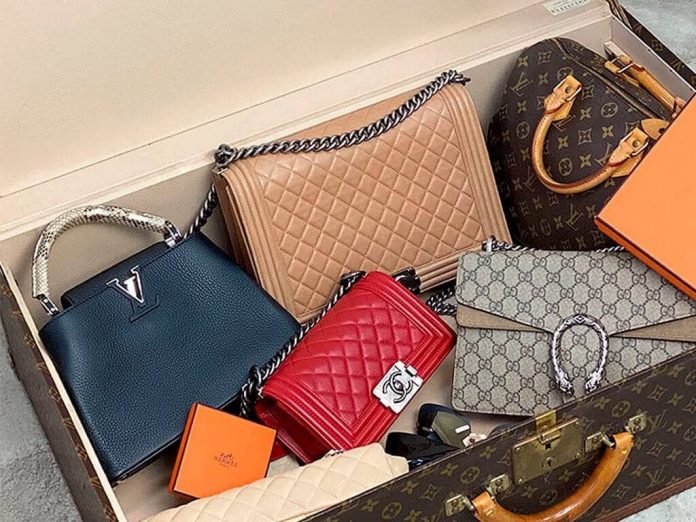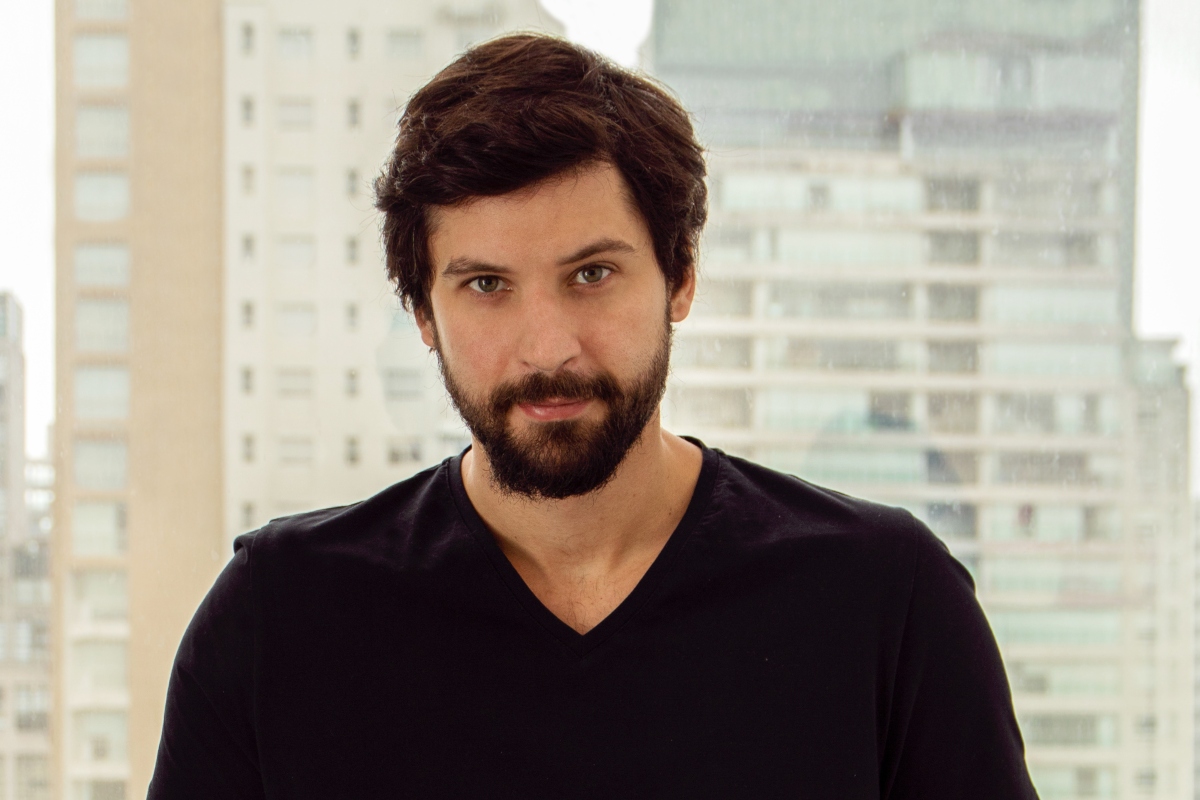RIO DE JANEIRO, BRAZIL – What about buying a Christian Dior handbag at R$76,000 (US$15,200) discount? And an Ermenegildo Zegna tie for the same price as national brands? This is Etiqueta Única’s proposal, a platform that connects buyers and sellers of luxury products. And the secret is to bet on second hand – which also started to attract customers for its sustainability.

“I realize that for the Z and Millennial generations, this type of consumption occurs due to the awareness of environmental impacts and because they understand that luxury goods are more durable than fast fashion. As well as those who were prejudiced and now realize the benefit of paying R$7,000 for a handbag that would cost R$20,000 in the store. No one minds buying a second-hand one and saving R$13,000. So they enter the cycle,” says Nelson Barros, the company’s CEO.
Based in the posh Jardim Paulista neighborhood of São Paulo, Etiqueta Única has grown 40% in three years and had a turnover of R$25 (US$5) million in 2020
Luxury market in the family’s garage
And it all began informally, inside a garage, selling only to family and friends, inspired by second-hand deals that were common abroad in 2013. Despite having few customers, the average purchase was high, which inspired the creation of an e-commerce website. That year, the only external investment came and the business began to grow.
“I created the business plan to digitize after almost three years in garages and we received an investment with a relatively short deadline. It was less than we needed to structure everything [the amount was not disclosed] and we used it to increase credibility. Because we are not a brand. We are an intermediary website. And we need people to believe in us,” he says.
How to ensure that no product is counterfeit
To ensure the authenticity of products, there are teams dedicated to the manual inspection of all items – considered one of the main differentials of Etiqueta Única by its founders -, following a manual (developed internally) with the features and specificities of each manufacturer. In addition, photos, logistics, and even cleaning are the company’s responsibility.

“With this, we also improve credibility. And we do not have surprise fees: our billing is commission-based and, therefore, the seller only pays after the piece is sold. We only charge a fee of R$70 if the advertiser removes the product before completing 3 months on the website, due to the work involved in photographing and preparing the products,” he says.
Revenues soaring (and expected to increase)
As a result, Etiqueta Única has already invoiced around R$10 million in 2020 and handled over R$24 million in negotiations on the platform. With a growth of 40% in the last three years, new technologies were adopted during the first semester to increase scale. As a result, the company expects to handle up to R$40 million next year.
“We want to include furniture, watches, and works of art, which are very particular. We intend to have strategic partners to advertise on the website and we are preparing the necessary tools for them to have autonomy. We will also create another solution for retail companies that want to enter the second-hand market and prefer to be inside the marketplace,” he says.
Changes during the Covid-19 pandemic
Not even the pandemic slowed down the buying activity, although in the first 40 days of isolation it reduced the pace of negotiations. But, according to Nelson Barros, the problem soon became the complete opposite, as the platform had to cope with high demand. Based on this performance, the estimate is to grow 70% in 12 months.
“We have been a profitable company since the fourth month of operation and we have always been concerned about maintaining strategic growth to keep our Ebitda margin – earnings before interest, taxes, depreciation, and amortization – positive. And, by doing so, we have grown in a healthy way and become an example as an online company, since many would need to be leveraged,” he says.
From computers to kiosks
For the coming years, Etiqueta Única does not rule out taking the opposite path of other companies, as it is considering opening physical points and kiosks to attract new products. According to the CEO, leaving the exclusively digital environment can also contribute to the public perception of the company. However, there is no forecast for this to occur.
Source: exame

